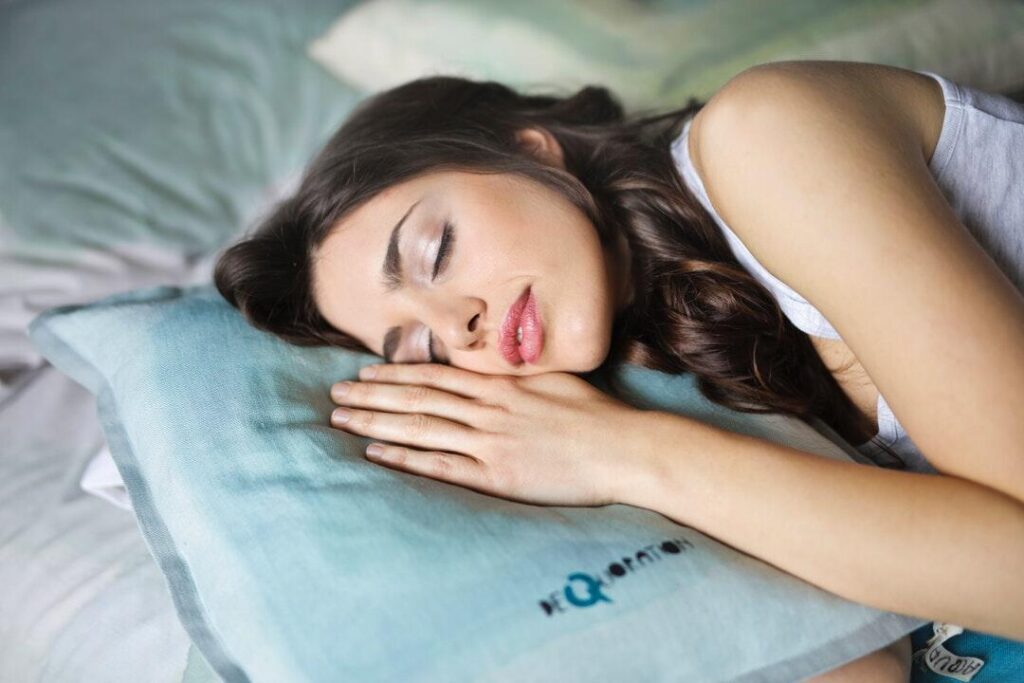Many people struggle with sleep issues. This often leads them to seek solutions that can help them nod off. Two popular substances for improving sleep quality are Benadryl and melatonin.
While each has its own benefits, the combination of Benadryl and melatonin raises questions about safety and effectiveness. Understanding their individual properties and potential risks is crucial for anyone considering this duo to enhance their sleep experience.
Understanding Benadryl and Melatonin
Benadryl, an antihistamine, is commonly used to treat allergies. It also has a sedative effect which makes it a popular choice for occasional sleep aid.
Melatonin, on the other hand, is a hormone that regulates sleep-wake cycles. Many individuals turn to melatonin supplements to address insomnia or to combat difficulties with sleep due to travel or shift work.
The key question arises. Is it safe to take melatonin and Benadryl together? While both can be effective independently, their combined use can lead to unwanted side effects and interactions.
Potential Risks of Combining Benadryl and Melatonin
The primary concern with combining these substances revolves around their sedative effects. Both Benadryl and melatonin can cause drowsiness, and using them together may enhance this effect excessively. This leads to extreme daytime sleepiness or cognitive impairment.
Additionally, Benadryl can have other side effects, such as dry mouth, dizziness, and difficulty urinating. These issues might be exacerbated when combined with melatonin.
Older adults should be particularly cautious. This combination can lead to an increased risk of falls and accidents.
Benefits of Combining Benadryl and Melatonin
Despite the risks, some individuals find that the combination helps them achieve better sleep. For those with occasional sleep issues tied to allergies, Benadryl may alleviate the symptoms. It keeps them awake while melatonin assists in regulating their sleep cycle.
This dual action can, in some cases, lead to a more restful night. Moreover, for people suffering from insomnia and headache-related sleep disturbances, understanding how sleep impacts headaches is vital.
Effective sleep management can sometimes reduce the frequency of headaches. This shows that there might be a beneficial synergy in certain scenarios.
Safety Guidelines for Usage
If you’re considering using Benadryl and melatonin together, consulting a healthcare provider is essential. They can provide personalized advice based on your health history and current medications. This minimizes the potential for adverse effects.
Only use this for short-term needs, like travel, and not as a long-term solution. Be careful about how much you use to avoid feeling too sleepy.
Never mix this with alcohol because it can make things more dangerous. Pay attention to how your body feels. Lastly, stop using it if you notice serious problems.
Monitoring for any cognitive impairment or unusual side effects is crucial, especially for older adults or anyone with pre-existing health conditions. Ensuring you maintain a consistent sleep schedule can also improve sleep quality without the need for medications.
A Cautious Approach to Sleep Aids
While the combination of Benadryl and melatonin can have its benefits, it is imperative to weigh these against the potential risks. Understanding how these substances interact with each other and your body is the first step toward better sleep management.
If you decide to experiment with both, do so under medical supervision and with caution. Prioritize safe sleep practices. Lastly, remember the significance of quality sleep for overall health.
For more health and wellness tips, check out our blog posts.







